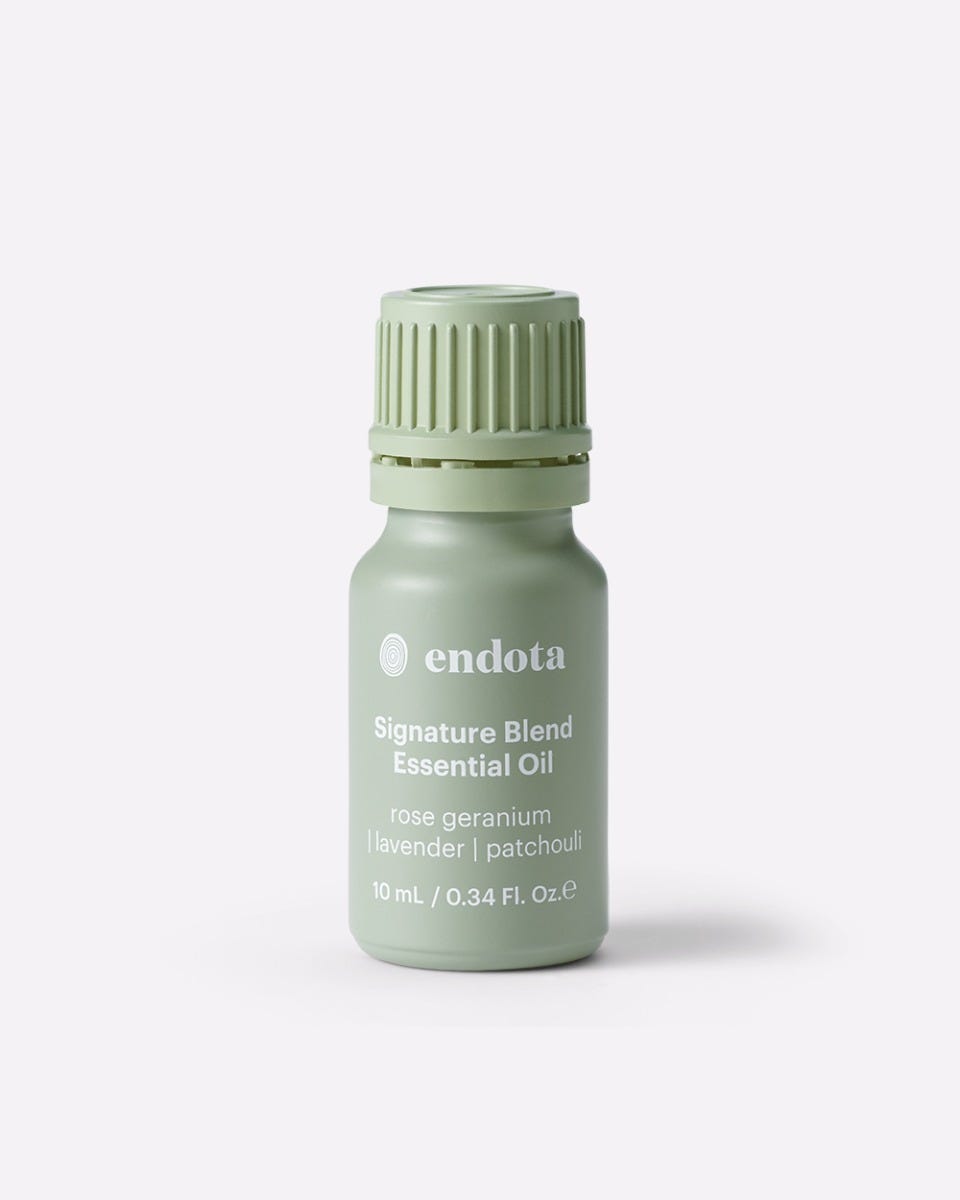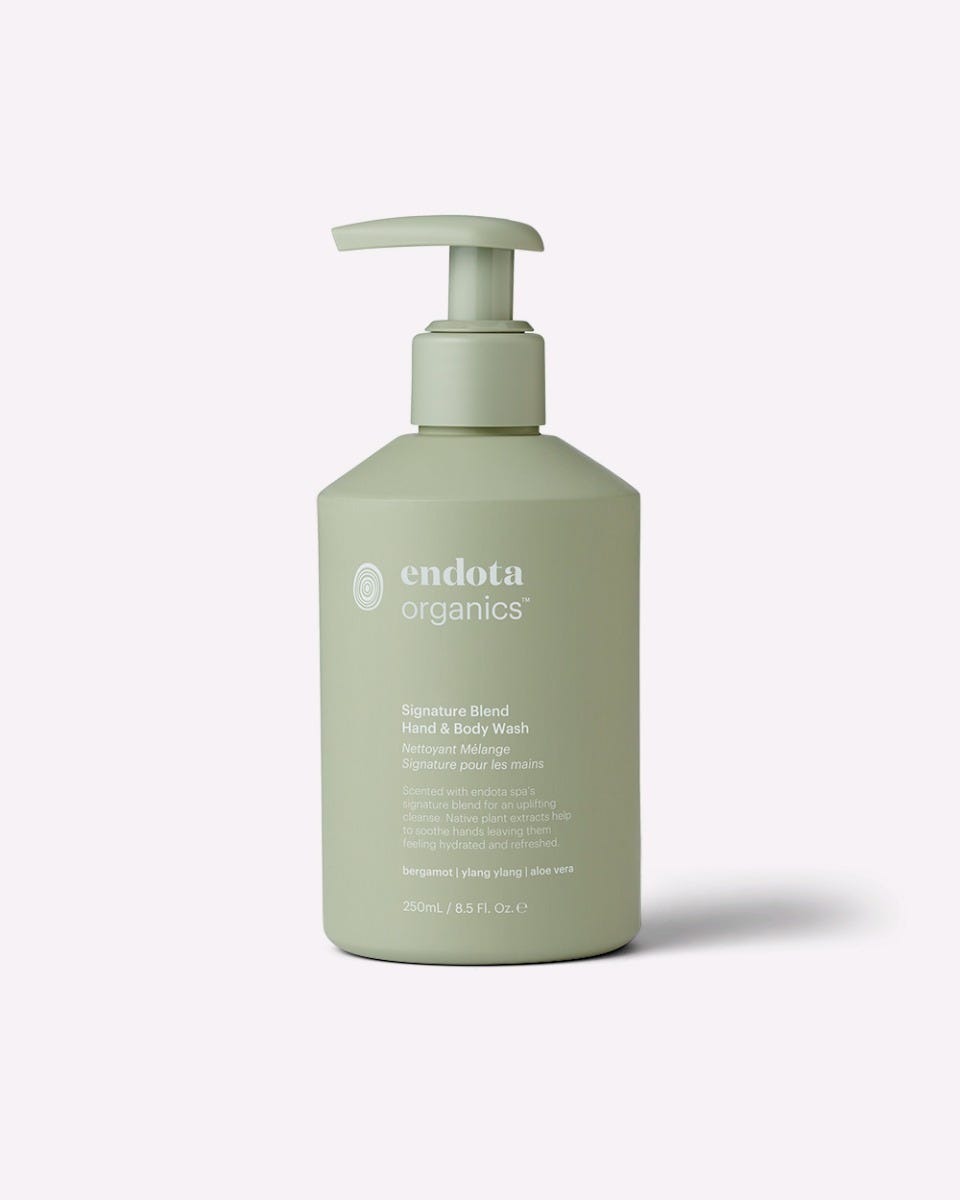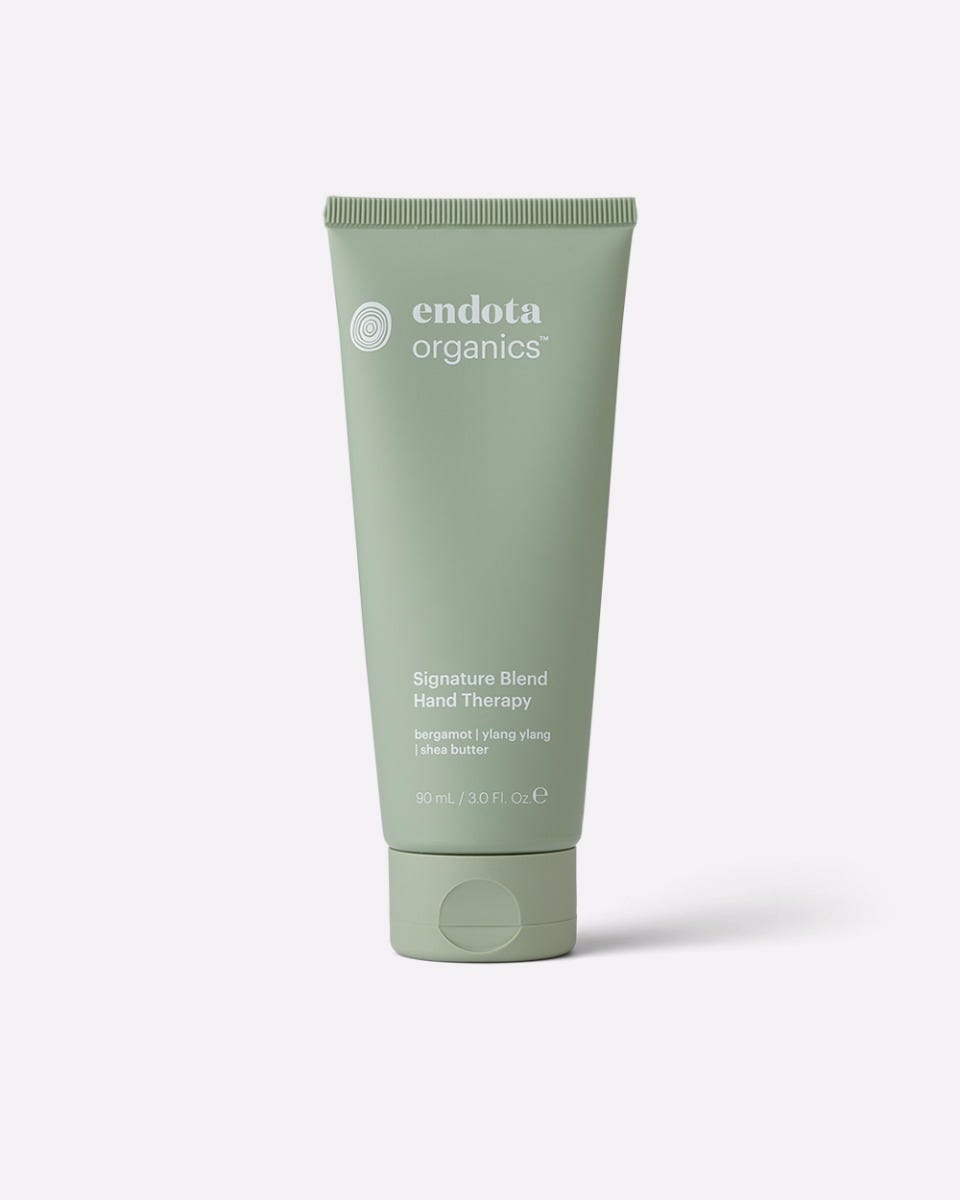benefits of herbal tea for the body and mind
A cup of tea is one of life’s greatest comforts. As far back as records show, tea has been the drink of choice throughout human history, predating coffee by thousands of years – and to this day it is the most consumed drink in the world after water. Herbal tea in particular has been cherished for centuries thanks to its therapeutic and healing properties, having first originated in China as far back as 2000 B.C. and made popular across ancient cultures for its medicinal benefits. Today, there are thousands of different types of teas to choose from, harvested in over 25 countries such as India, Japan, Turkey, Kenya, England and Iran with its homeland, China, unsurprisingly topping the charts as the world’s largest tea producing country – weighing in at 2.4 million tonnes per year.
Why is it that a cup of tea is the perfect remedy to de-stress or boost your mood on a gloomy day? Whether you’re reaching for a cuppa to help soothe nerves, invigorate your senses, or to simply unwind, there’s a reason why tea hasn’t wavered in popularity since ancient times. But what you might not know is that there’s a big difference in the health and relaxation benefits between the black tea you likely have in the pantry to that of organic herbal blends.
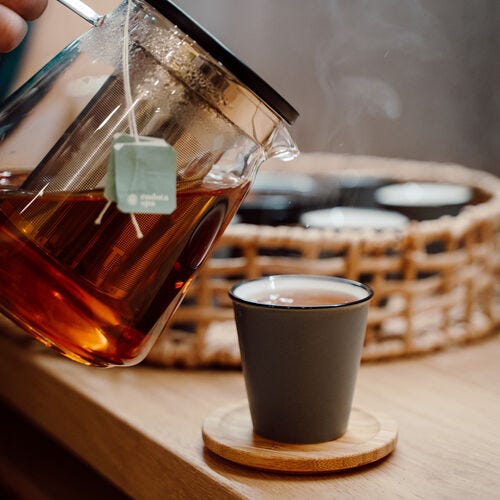
a calming cup
‘Tea’ is a term referring to any drink made using the leaves of the Camellia sinensis plant (a shrub native to Asia), whereas herbal tea (less commonly known as Tisane) is an infusion made from the dried leaves, flowers, stems, and roots of various herbs and plants. Unlike tea varieties such as English Breakfast and Earl Grey, which have their own merits, organic herbal tea doesn’t utilise the Camellia sinensis plant. Instead, it harnesses the power of a range of botanicals to create soothing and aromatic blends without the use of pesticides or synthetic fertilisers, preserving their natural integrity. The benefits of herbal teas are as wide and far reaching as the countries they’re found in, such as being:
- Caffeine-free: Herbal tea is naturally caffeine-free, making for a soothing elixir at any time of day, especially when unwinding before bed as it won’t hinder your chance of a sound night’s sleep.
- Antioxidant rich: Due to the high levels of polyphenols (a category of plant compounds thought to boost digestion and brain health) found in flowers, fruits, and plant roots, herbal teas are rich in antioxidants that help to prevent free radical damage, keeping your body and mind functioning at its best.
- Immunity boosting: The anti-bacterial, anti-ageing and anti-inflammatory properties of herbal teas promote good health, healing and immunity.
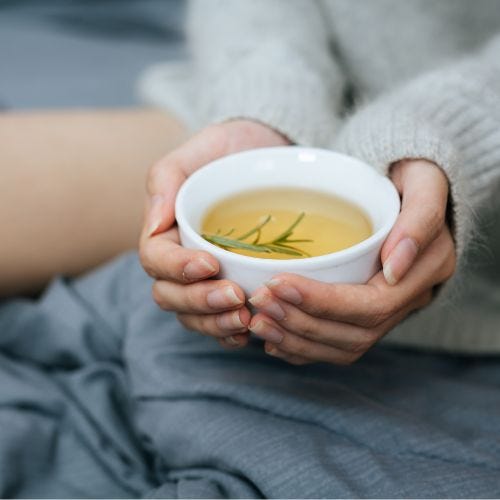
The rich diversity of fast-acting ingredients and flavours that herbal teas offer make them one of the simplest rituals for calming both your mind and body. The secret to enjoying the full benefit of herbal tea is to let it brew for significantly longer than standard teas (steeping from five to 15 minutes is recommended in order to allow the flavours to fully develop) and to keep your cup or teapot covered while doing so, as this prevents the powerful aromas from escaping in the process.
what's your cup of tea?
In the same way that scent has the power to evoke different moods and energies us, the varying ingredients within herbal teas can too influence how we feel.
making tea time a daily ritual
As ancient cultures have done for centuries, incorporating tea into your daily micro-rituals can enhance the overall experience and provide a moment of tranquillity amidst a busy life. Here are some ways to integrate tea into your routine:
Fancy a cuppa? Explore endota’s range of teas that nourish you from the inside out and read our blog on how micro-rituals, such as enjoying a cup of tea, can be beneficial when integrated into your daily routine.






